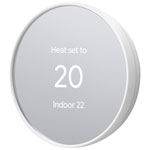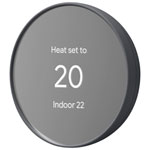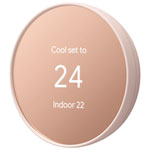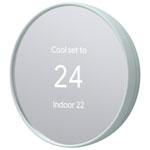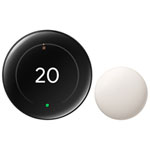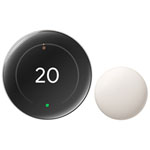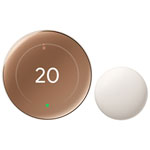FAQ About Energy and Water Management Products
As the smart home train continues to pick up steam, opportunities to make your home more comfortable, convenient, and energy-efficient are becoming more abundant. Smart home devices not only make life easier around the house, many also help you save money through energy and water management. Read on for some of the most commonly asked questions about these devices.
What are the best energy-saving smart home products?
If you're looking to see where you can save energy and money, checking your utility bills is a good place to start. Lighting, heating, and water usage are areas where improvements in energy efficiency can often be made. That's why products like smart light bulbs, thermostats, and sprinkler systems can have a major impact on your home's energy consumption.
How will these smart home devices save energy and money?
Many smart home products feature smart scheduling, something your device can adjust automatically based on your daily habits or environmental conditions. Smart scheduling allows these devices to identify opportunities to reduce energy waste and ultimately save you money on your utility bills. Think: a smart thermostat that learns your schedule and heating preferences over time and then programs itself accordingly.
What are some other smart energy features?
Some smart devices can be controlled remotely using your smartphone or tablet, allowing you to save energy in various situations. Forgot to turn the heat down before heading off to work? Adjust your smart thermostat easily from practically anywhere via your mobile device.
Look for smart home devices that offer energy tracking and usage reporting features. Smart thermostats and sprinkling systems, for example, collect data so you can visualize your heating/cooling costs and get a better idea of your energy consumption.
Check that the smart home products you're considering are able to connect to other smart devices, either through an ecosystem like Nest or HomeKit, or via IFTTT (if this, then that). The latter is a cloud-based application that allows your compatible smart products to join forces to automatically follow IFTTT commands. Compatibility is important, as it means products can be seamlessly integrated into your existing connected home system.

